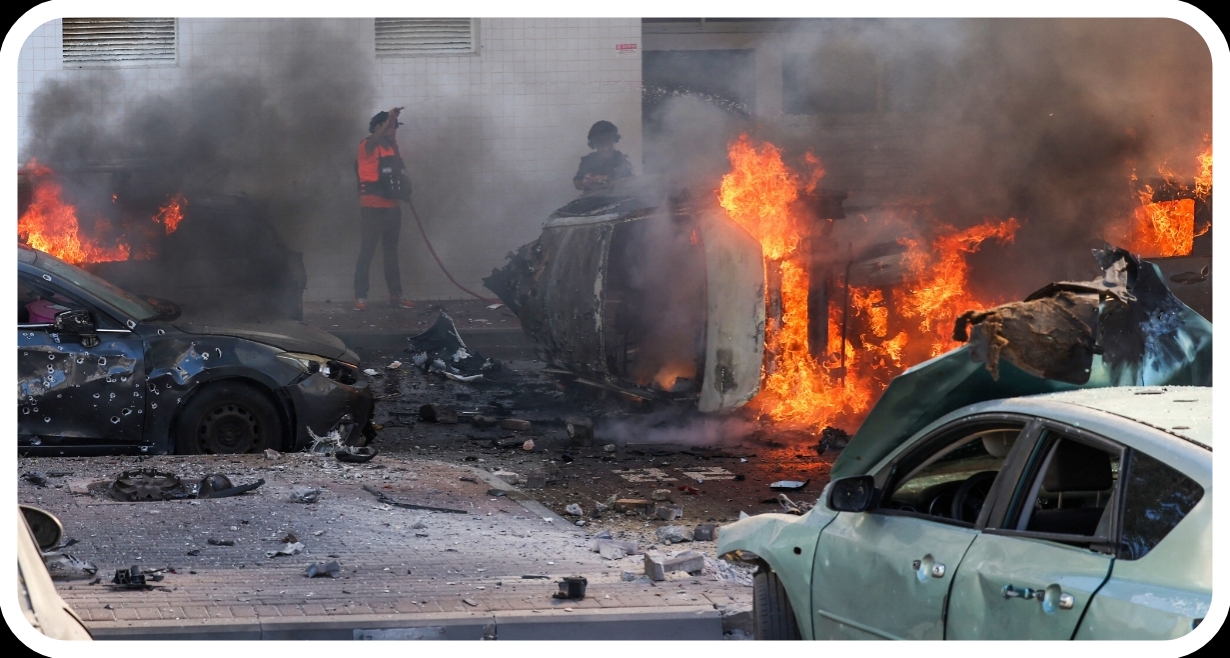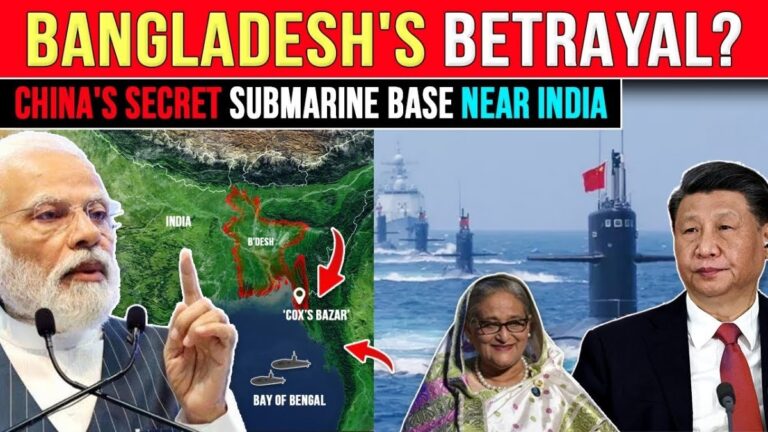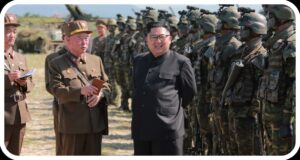In a shadowy corner of Syria’s tumultuous conflict, a chilling revelation has emerged: the “Islamic State’s Chemical Assault likely involvement in a heinous chemical weapons attack. The findings, meticulously unearthed by international experts from the Organisation for the Prohibition of Chemical Weapons (OPCW), shed light on a dark chapter in the Syrian war, challenging global norms and underscoring the urgent need for accountability.
The Investigation Unveiled
The OPCW’s Investigation and Identification Team (IIT) meticulously dissected evidence surrounding a chemical attack in Marea on September 1, 2015. Their report, released on February 22, points to “reasonable grounds” implicating the Islamic State group in deploying sulfur mustard. The attack left 11 individuals exhibiting symptoms consistent with exposure to this banned substance, sending shockwaves through the international community.
A Stark Reminder of Threats
OPCW Director-General Fernando Arias underscored the gravity of the findings, emphasizing that nonstate actors like the Islamic State possess both the capability and intent to wield chemical weapons. This stark reminder reverberates globally, highlighting the evolving nature of warfare and the imperative of robust international mechanisms to counter such threats.
Unraveling the Perpetrators
Through painstaking investigation, the IIT unraveled the intricate web of command behind the attack, identifying key individuals within the Islamic State group’s ranks. This landmark revelation not only exposes the perpetrators but also underscores the necessity of holding accountable those responsible for such egregious violations of international law.
A Turning Point in Accountability
The Marea attack marks a watershed moment in the Syrian conflict, as it is the first time the IIT has attributed a chemical weapons incident to a nonstate actor. This shift in perspective reframes the discourse surrounding Syria’s chemical weapons program, signaling a new era of scrutiny and accountability for all parties involved.
Challenges and Frustrations
Despite strides towards accountability, challenges loom large on the horizon. The OPCW’s findings come amidst growing frustration over compliance with the Chemical Weapons Convention (CWC). The lack of accountability for chemical attacks poses a grave threat to international peace and security, compelling urgent action from the global community.
International Response and Impartiality
The findings have sparked a mixed response on the global stage. While some nations, including the United States, commend the OPCW’s impartiality, others, like Russia and Iran, raise doubts and deflect blame. France, Japan, and Slovenia echo calls for Syria to adhere to the IIT’s findings, emphasizing the importance of upholding international norms.
The Path Forward
As the OPCW Executive Council convenes to deliberate on the report’s findings, global attention is keenly focused on the proceedings. The urgency of addressing Syria’s chemical weapons stockpile and enforcing adherence to international norms is unmistakable. In a world beset by geopolitical tensions and humanitarian crises, concerted and decisive action is imperative. Upholding justice and preventing further atrocities demand unwavering commitment from the international community. The outcome of these discussions carries significant implications not only for Syria but also for the broader global security landscape. It is a pivotal moment that underscores the collective responsibility to safeguard against the indiscriminate use of chemical weapons and uphold the principles of international law. The eyes of the world remain fixed on the deliberations, hoping for meaningful steps towards accountability and the prevention of future tragedies.
Conclusion
The revelation of the Islamic State group’s involvement in a chemical weapons attack in Syria reverberates as a chilling reminder of the evolving nature of warfare. Amidst geopolitical complexities and humanitarian crises, the pursuit of accountability remains paramount. As the international community grapples with the aftermath of this revelation, the imperative of upholding global norms and ensuring justice for victims grows ever more urgent.
This SEO-optimized blog post offers a comprehensive exploration of the OPCW’s findings, contextualizing them within the broader landscape of the Syrian conflict and international responses. With a focus on key themes and developments, it provides valuable insights for readers seeking to understand the complexities of modern warfare and the challenges of upholding global norms in times of crisis.



















